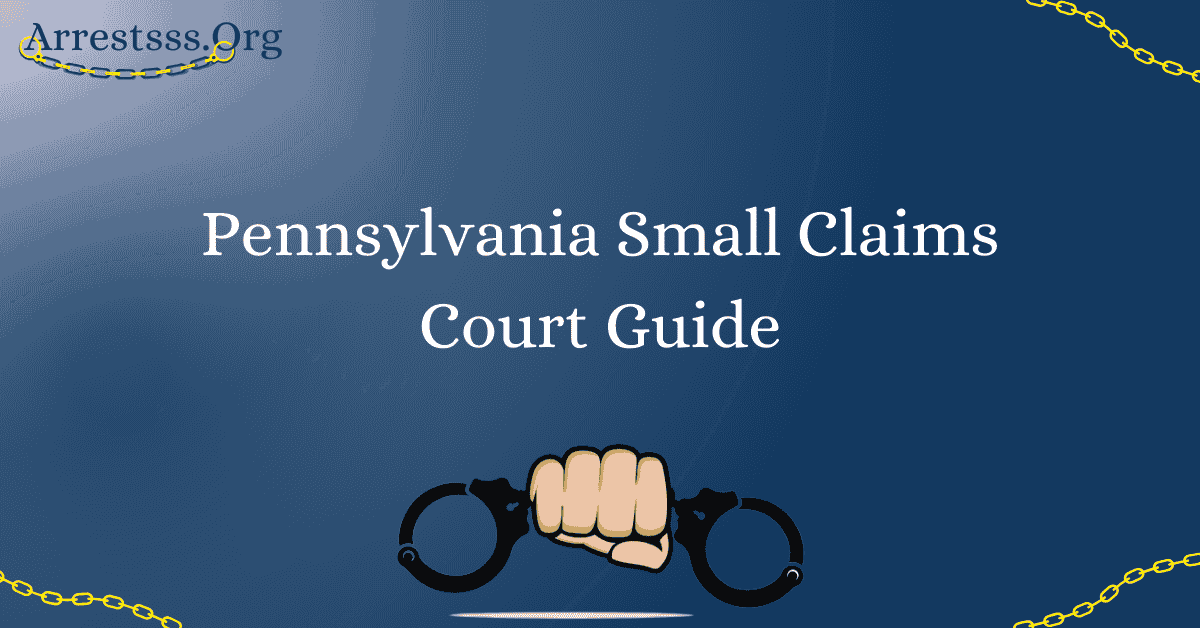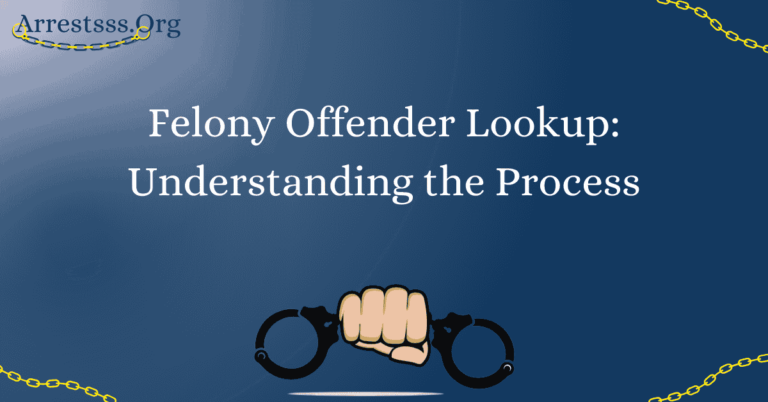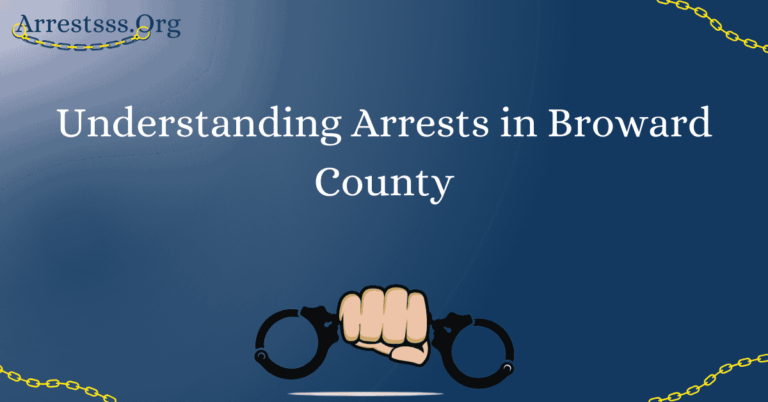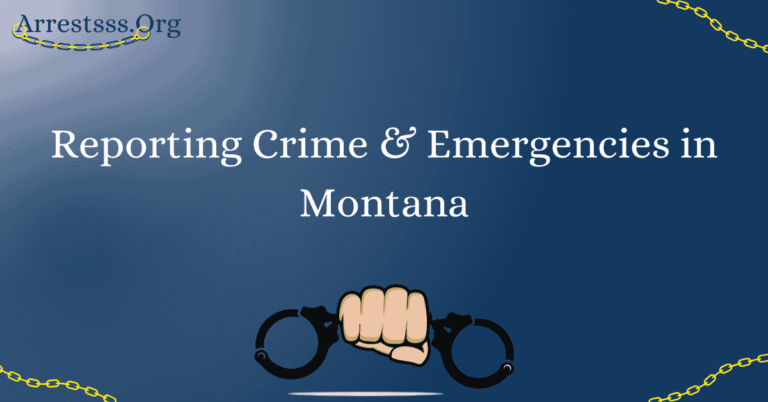Pennsylvania Small Claims Court Guide

Navigating Pennsylvania’s Small Claims Court System can be a daunting task, especially if you’re unfamiliar with the legal landscape. Whether you’re a plaintiff seeking compensation or a defendant defending yourself against a claim, understanding the ins and outs of the small claims court process is essential. In this comprehensive guide, we will break down the key steps, procedures, and essential information you need to know to navigate Pennsylvania’s Small Claims Court with confidence.
If you’re involved in a dispute and considering taking it to small claims court in Pennsylvania, you’re not alone. Many individuals and businesses turn to small claims courts to resolve conflicts efficiently and cost-effectively. However, before delving into the specifics, let’s start by addressing some fundamental questions and offering an overview of what to expect when dealing with small claims court in the Keystone State.
Importance of Pennsylvania’s Small Claims Court System
Pennsylvania’s Small Claims Court System is designed to provide an accessible and streamlined means of resolving disputes involving relatively small amounts of money. This court is often the first choice for individuals and businesses seeking to settle disagreements without incurring the high costs associated with traditional litigation. Before we dive into the details of navigating this system, let’s outline the key topics we’ll cover in this guide:
Filing a Small Claims Case in Pennsylvania
To initiate a small claims case in Pennsylvania, you must first understand the jurisdictional limits of the court. This section will explain how to determine if your case falls within the court’s jurisdiction and guide you through the process of filing a claim. We’ll also provide insights into the necessary paperwork and fees involved.
Preparing Your Case
A well-prepared case can significantly impact your chances of success in small claims court. We’ll discuss the importance of gathering evidence, organizing documents, and presenting your case clearly and persuasively. This section will also cover the role of legal representation and whether you should consider hiring an attorney.
Serving Legal Notices
Properly serving legal notices to the opposing party is crucial in small claims court. We’ll explain the various methods of service and help you understand the rules and requirements to ensure your notices are delivered correctly and within the legal framework.
The Small Claims Court Hearing
The heart of any small claims case is the court hearing. We’ll walk you through what to expect during the hearing, including courtroom etiquette, presenting your case, and addressing the judge. Understanding this process can help ease any anxiety and ensure you’re well-prepared.
Collecting Judgments
Winning your small claims case is just the beginning. We’ll guide you through the steps involved in collecting your judgment, including the options available for enforcing the court’s decision and recovering the money owed to you.
Appealing a Small Claims Court Decision
If you disagree with the court’s ruling, you may have the option to appeal. We’ll explore the grounds for appeal, the appellate process in Pennsylvania, and what to consider if you’re thinking about challenging the initial decision.
FAQ’s
Can I file a small claims case for any amount in Pennsylvania?
In Pennsylvania, small claims court has jurisdiction over cases involving monetary claims of up to $12,000. This limit includes the amount you are seeking for damages, unpaid debts, or other claims. If your case exceeds this threshold, you may need to pursue it in a higher court.
Do I need a lawyer to represent me in small claims court?
No, you are not required to have legal representation in Pennsylvania’s Small Claims Court. The process is designed for individuals to represent themselves, and many people do so successfully. However, you have the option to consult with an attorney if you feel it would benefit your case.
How long does it take to resolve a small claims case in Pennsylvania?
The duration of a small claims case can vary depending on several factors, including court availability and the complexity of the dispute. On average, it may take several months from the initial filing to the resolution of the case. It’s essential to be patient and prepared for potential delays.
What happens if the defendant doesn’t show up for the small claims court hearing?
If the defendant fails to appear for the hearing, the court may enter a default judgment in favor of the plaintiff. However, it’s crucial to follow proper legal procedures to ensure a fair outcome. We’ll explain the steps involved in such situations in our guide.






